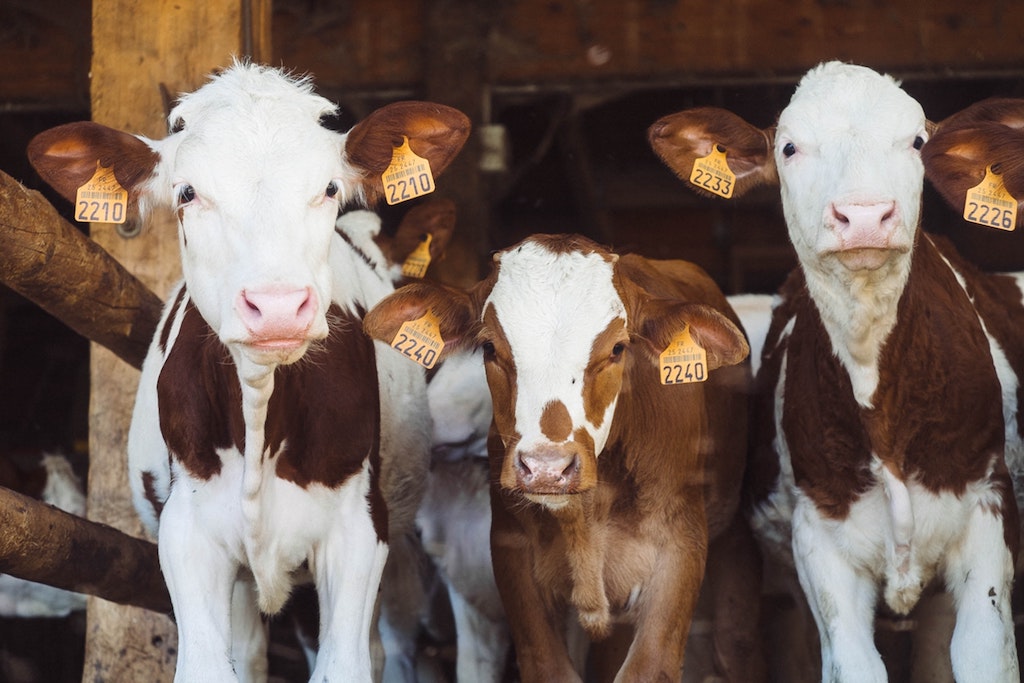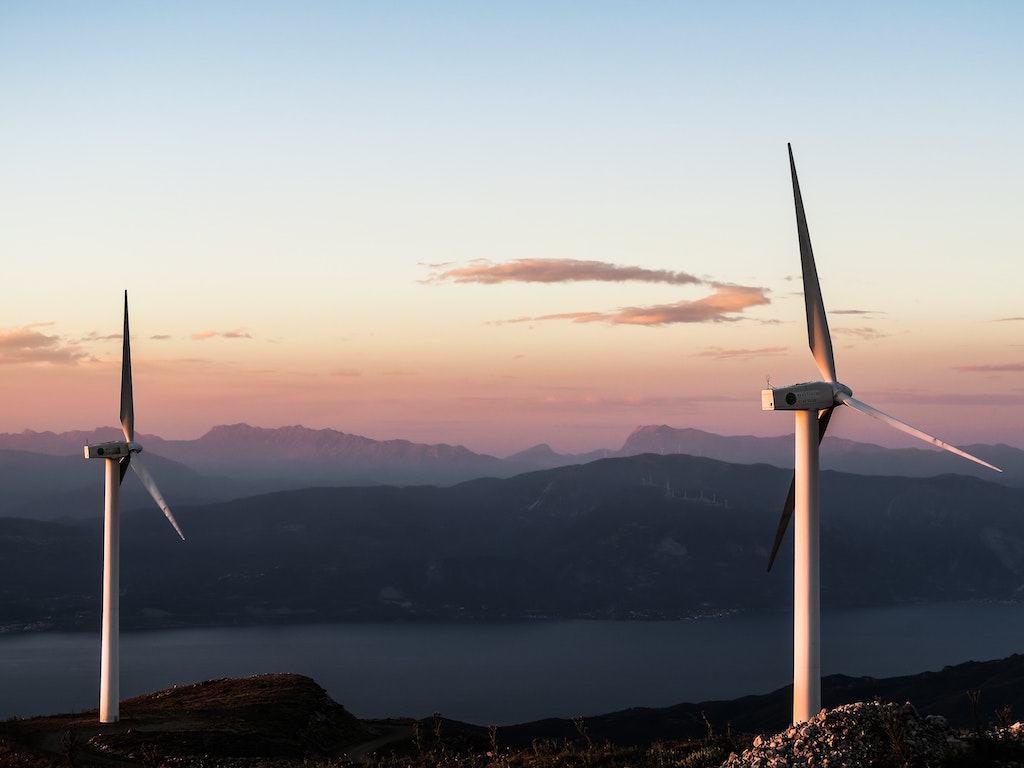4 Mins Read
The European Union has just announced a slate of climate proposals to help it reach net-zero by 2050. The plan, which includes a dozen draft policies, mainly takes aim at transport and home heating emissions. Some of the proposals include banning the sale of petrol cars and a tax on jet fuel.
On Wednesday (July 14), the E.U. released its broad climate plan aimed at slashing the bloc’s emissions to zero by mid-century. All of them still need to be approved by the 27 member states and the bloc’s parliament before they come into effect.
The package of measures has been dubbed the “Fit for 55” because it will put the region on track to meeting its target of slashing emissions by 55% from 1990 levels by 2030. The E.U. has committed to bringing emissions down further to zero by 2050, in line with the Paris accord.
“By acting now we can do things another way,” said the Commission’s president Ursula von der Leyen. “[We can] choose a better, healthier, and more prosperous way for the future.”

Tackling transportation
Many of the proposals are aimed at tackling emissions from the transport sector. Some of these measures include ending the sale of petrol and diesel cars by 2035. There will also be stricter emission limits for cars.
There are plans to tax aviation fuel, which could increase the cost of air travel for consumers. Fossil fuels used for shipping will also face tax hikes. Low-carbon transport alternatives, on the other hand, are set to benefit from a decade-long tax break.
Climate policy chief Frans Timmermans said: “We’re going to ask a lot of our citizens. We’re also going to ask a lot of our industries, but we do it for [a] good cause. We do it to give humanity a fighting chance.”
Indoor heating

Another key area where the E.U. plans to curb emissions is heating in homes. Currently, many homes in Europe still rely on coal and gas to heat their homes. The E.U. wants to reduce this reliance, and introduce new renewable energy sources.
Under the plan, financial assistance will be offered to people who want to invest in better insulation, as well as make other climate-friendly changes to their homes.
Businesses will also come under greater pressure to choose low-carbon electricity sources, such as wind and solar. Countries will need to renovate buildings that are considered resource-intensive or not energy-efficient.
All of this is aimed at helping the bloc reach its target of increasing renewables to 40% of its energy mix by 2030, up from the current 20%.
“Our current fossil-fuel economy has reached its limit,” said von der Leyen. “We know that we have to move to a new model.
Carbon border tariff
Part of the economic overhaul includes the introduction of a “carbon border tariff”. This would place levies on imports from high-emissions countries. If passed, it will be the first time such legislation has been introduced in the world.
In practical terms, the tax would require manufacturers outside of the E.U. to pay more for importing high-carbon materials. Steel, concrete, and other industrial materials fall into this category. Fertiliser will also be included in the carbon border tax.
No mention of animal agriculture

Notably, while the plan is dubbed the most ambitious yet, the E.U. did not outline how it plans to tackle emissions from the animal agriculture sector.
Agriculture makes up more than 10% of Europe’s carbon emissions—and at the centre of it is livestock farming. Animal farming in the bloc makes up 70% of its agricultural emissions and also drives 68% of its farmland use.
The E.U. has previously outlined its plan to tackle food emissions in its Farm to Fork strategy, but scientists have called on the bloc to take more action. Failing to include the sector’s emissions into its Fit for 55 package is likely to be a point of criticism for some environmentalists.
Earlier this month, over 60 leading scientists in the E.U. including Jane Goodall penned a letter to Timmermans calling for an end to animal food adverts. It also called for more incentives to get consumers and companies onboard to shift to plant-based diets.
Keen to set apart its policies from the E.U., a British government-commissioned review advised England to slash its meat intake by 30% to help the country meet its net-zero goals.
Lead image courtesy of Unsplash.




